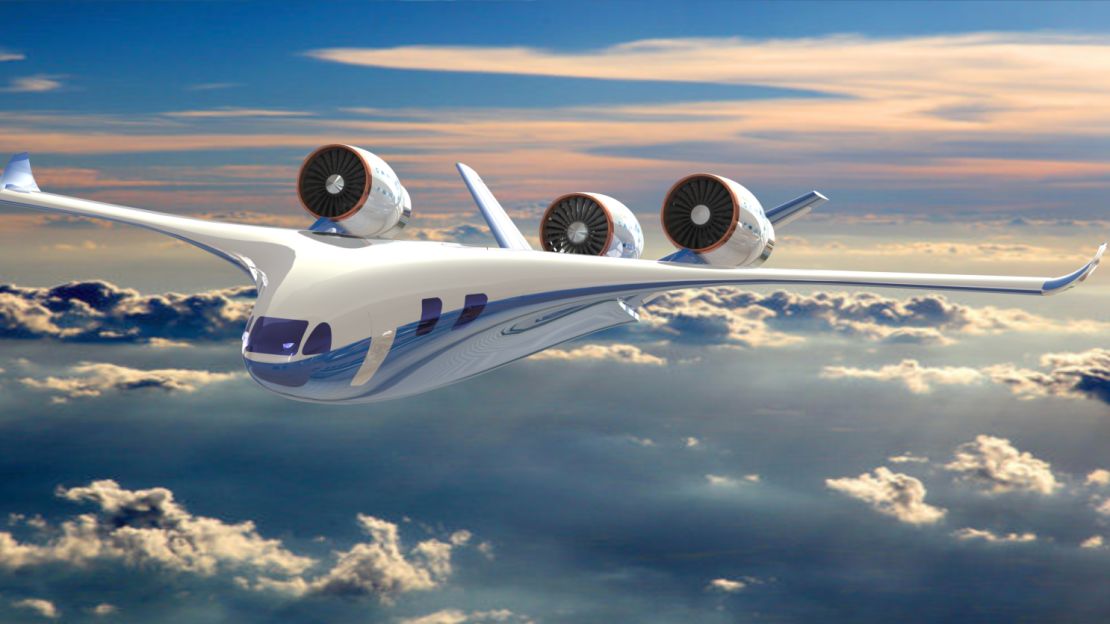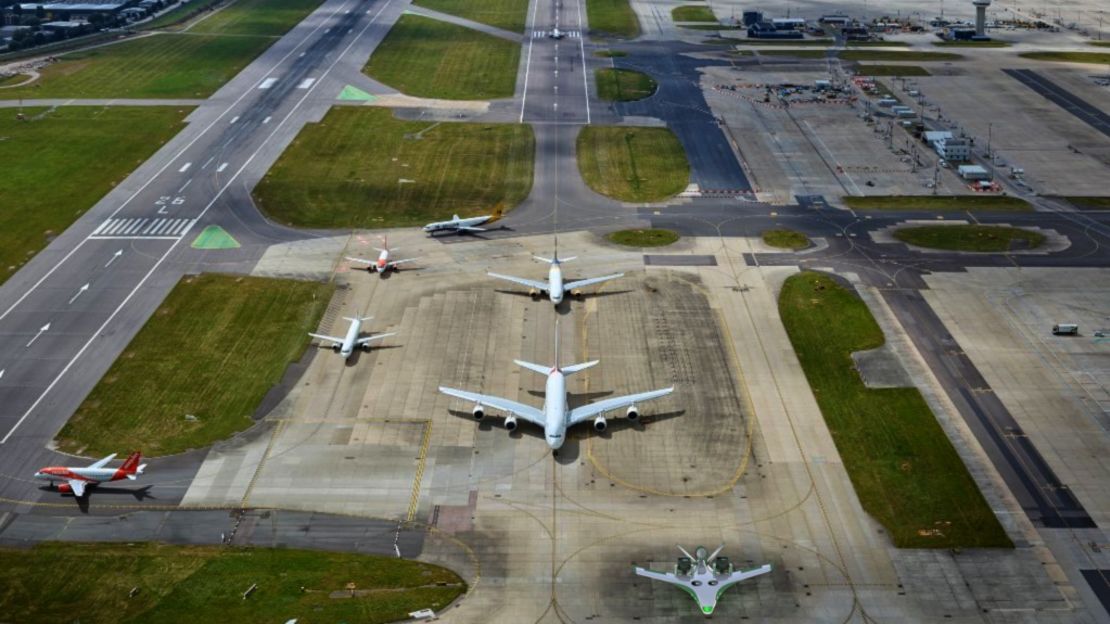Picture international air travel without the hassle: no costly airport transfer, no busy security line or passport control, no waiting to board or depart.
Instead, you’re in and out of the airplane in minutes and jet setting across the world to your destination in no time at all.
According to SAMAD Aerospace, the UK-based mastermind behind a new high-tech, dynamic airplane called the Starling Jet, this dream could soon be a business travel reality.
This high speed aircraft, which seats four passengers plus a pilot, uses vertical take off and landing for maximum efficiency and effortless cool.
Once airborne, the jet travels at speeds of 450 miles per hour (724 kph).
Unveiled at the Singapore Air Show in January 2018, the jet is still being perfected, but its engineers hope it’ll be soaring through the skies by 2020.
Revolutionizing business travel

“Our dream is to revolutionize the way humans and goods fly around the world,” says SAMAD CEO Seyed Mohseni in a statement. “Imagine a transportation which is safer than a car, completely flexible, as eco-friendly as an electric vehicle, less time consuming than any plane or train and as luxurious as a private jet.”
SAMAD says the concept is ideally suited to politicians and big corporations, thanks to its speed and luxurious amenities.
Electric planes: Flights of the future?
The Starling Jet is also billed as eco-friendly. It’s creators say it’ll emit less C02 due to hybrid engines offering electric and diesel propulsion.
The new design is part of a fleet of Starling jets currently in the works from SAMAD. The UAV Starling is also fully electric and being pitched as perfect for transportation and observatory missions.
The E-Starling is bigger – another good business travel option.
The Starling Jet that’s the company’s pride. SAMAD thinks it fills a gap in the market, even if it shares similarities with other high-speed aircraft prototypes, including Lilium and Vahana.
Development

The cost of developing this idea from blueprint to blue sky will be roughly $125 million, but Mohseni’s team is confident it’ll become a reality.
The plethora of jets of this type in design seems to indicate there’s a demand for high speed, eco-friendly aircrafts.
“Our products give back their user’s most valuable asset – time – hence allowing them to achieve more than they would have ever dreamt of,” adds Mohseni.
He also speculates the development of the jet could create thousands of jobs in manufacturing, research and development.















